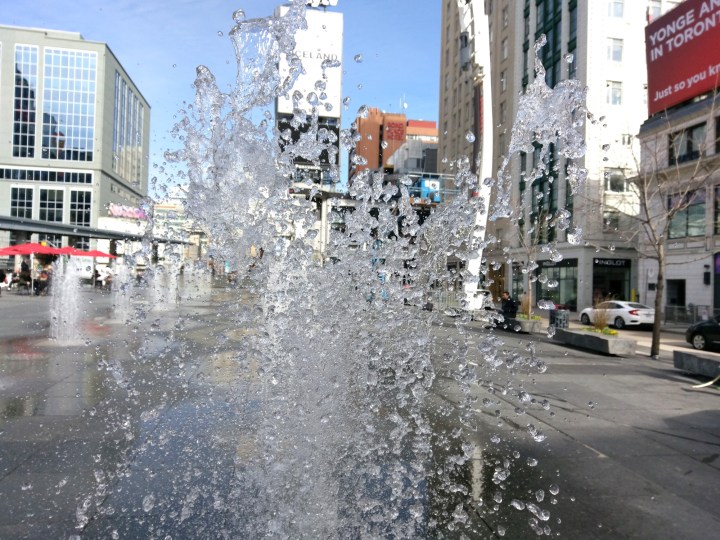
The city of Cape Town, South Africa, expects to run out of water by April 12, better known as Day Zero. Cape Town is the second largest city in South Africa and one of the top destinations for tourists. But the days of having free-flowing water are numbered, and instead of supplying residents with water out of the goodness of their hearts, many individuals jumped online to deliver water to anyone who can pay.
“Water is our precious natural resource, we have all come into contact with the reality of receding dam water levels and the risk of not having precious water,” reads one advertisement. “We desire to help people become independent environmentally friendly, we are a turnkey solution provider and will take care of all the aspects of your needs.”
What led Cape Town to the point where internet companies are circling above? It’s facing the worst drought in over a century, forcing the city to install water management devices, hunt down possible leaks, recycle water, and enforce a strict usage policy on all citizens to the point where having unwashed hair is a sign of responsible water consumption.
“The people who are still wasting water seem to believe that Day Zero just can’t happen or that the city’s seven augmentation projects — set to produce around 200 million liters per day (52.8 million gallons) — will be enough to save us,” the mayor’s office states. “We can no longer ask people to stop wasting water. We must force them.”
Adding to the drought is the city’s growing population, which hit the 4 million mark, and continues to rise. Even more, the overall change in the Earth’s climate is to blame. Cape Town recently served as the perfect example at the World Economic Forum, which focused on the need to change the way humans affect the environment. According to several speakers, other parts of the world are facing similar problems.
Part of the city’s method of controlling water consumption includes positioning local law enforcement to monitor public water-gathering points and escorting water containers across the city. Meanwhile, water is limited to 13.20 gallons per person per day for at least 150 days. For households that use 1,585 gallons or more per month, the city will charge nearly three times the normal rate.
What can you do with 13 gallons? Flush the toilet once, wash your hands once, fill the dog’s drinking bowl, take a 90-second shower, wash your hands, wash dishes, drink just over 60 ounces of water, and use the same amount while cooking food. But once Day Zero arrives, water won’t be available for any of these daily tasks.
And that is where these online services come into play. For a fee, Cape Town residents can have water shipped to their house for at least $75 per 264 gallons. Still, many residents are leaving Cape Town to escape the drought, but there are those who simply can’t afford to uproot their families. Purchasing water online may be their only solution.


